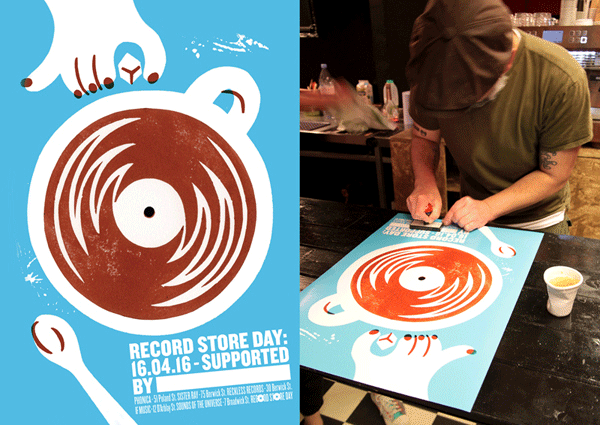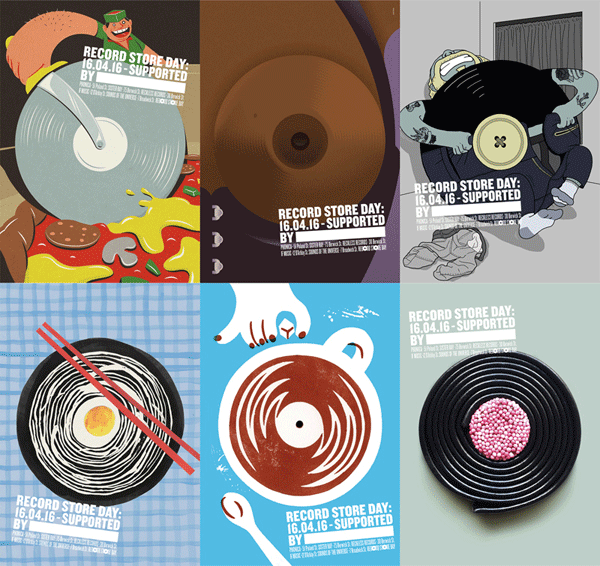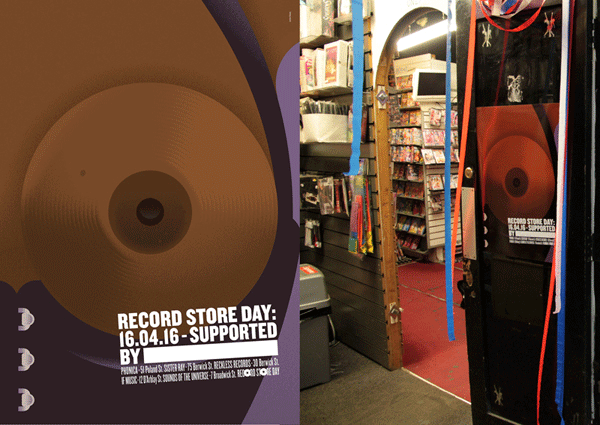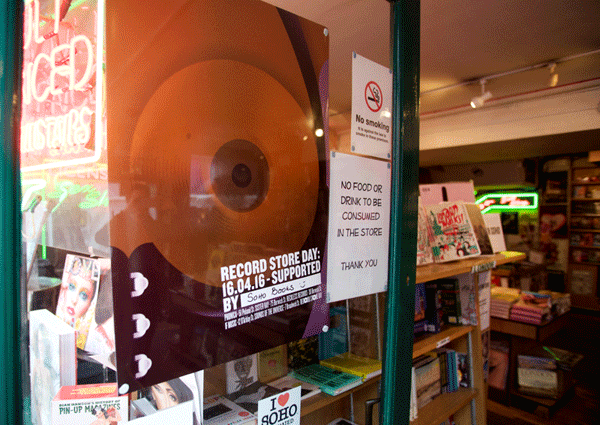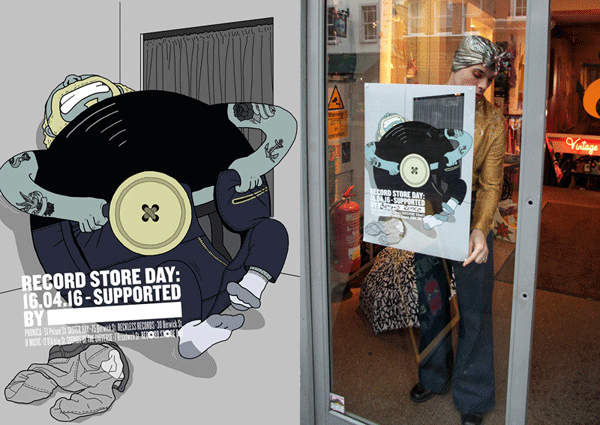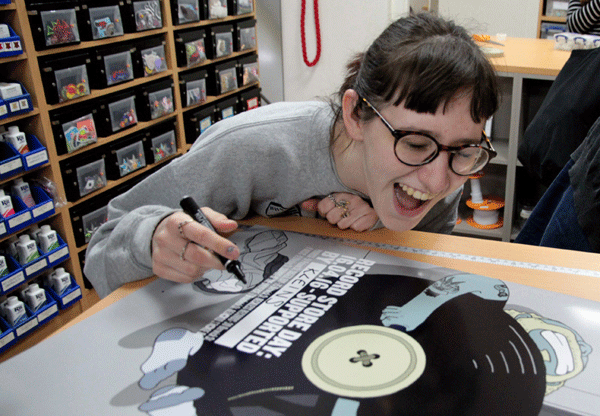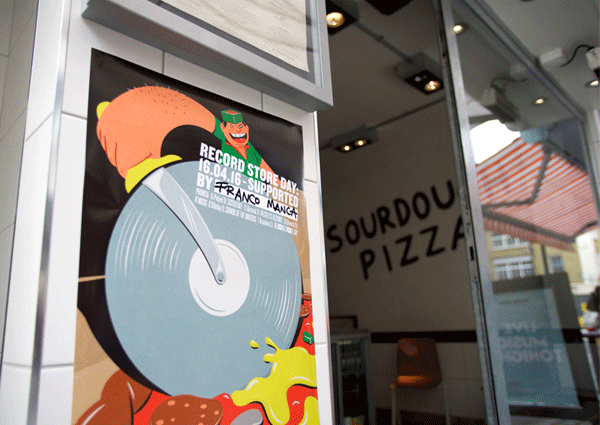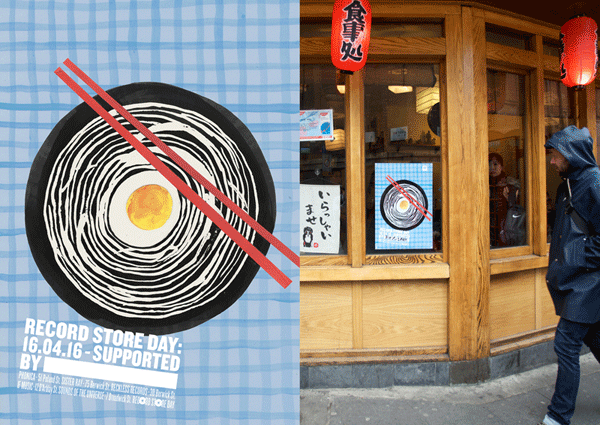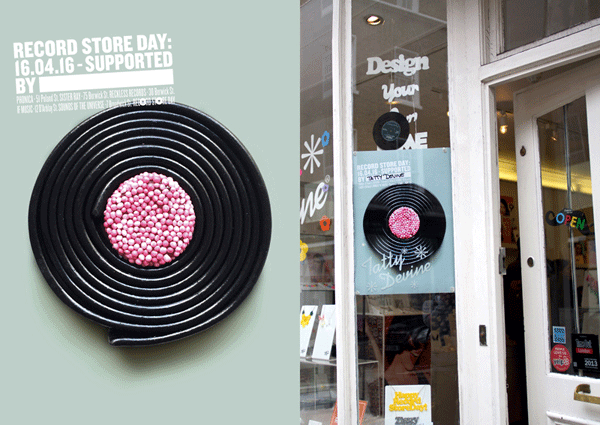Inside lookin’ out my window I don’t see nothin’ but rain. Sun up in the sky just a shinin’ (just a shinin’), still I’m lost in my shadow of the weekend.
Inside Guillermo Del Toro’s house of curiosities:
Animated Kafka (thanks, T):
People literally ask Reddit for abuse (thanks, T).
Steve Buscemi onesie, anyone? (Thanks, G.)
Best/worst celeb workout videos supercut (thanks, J).
